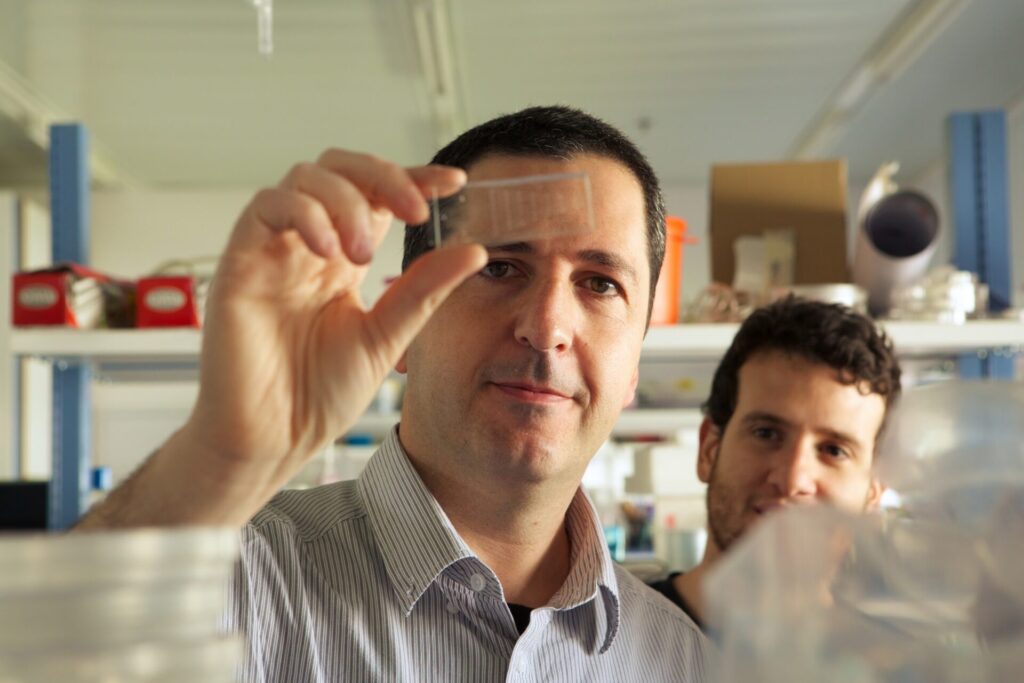Antibiotic resistance is a growing public health concern with global implications. Antibiotic-resistant infection affects over 2.8 million individuals each year in the United States alone, resulting in more than 35,000 annual deaths. New resistance mechanisms constantly emerge and spread globally, threatening our ability to treat common infectious diseases, such as pneumonia, tuberculosis, and sepsis.
Gentamicin is a commonly-used antibiotic, considered an essential medicine by the World Health Organization (WHO). Antibiotics of this kind (aminoglycosides) cause kidney damage in up to 25% of hospitalized patients. This is a major problem for more than 37 million Americans estimated to suffer from chronic kidney disease, according to the Center for Disease Control (CDC). In fact, the American Federal Drug Administration (FDA) considers the development of antibiotics for patients with chronic kidney disease to be a national priority.
A group of researchers, led by Professor Yaakov Nahmias, Director of the Grass Center for Bioengineering at the Hebrew University of Jerusalem, and founder of the biotechnology startup Tissue Dynamics, found a new mechanism of antibiotics-induced kidney damage, never identified before. “Most work in the drug development field is being carried out in mice”, said Nahmias, “and the mechanism we found is human-specific”.
The academic team partnered with Tissue Dynamics to develop a bionic micro-kidney in which electrooptical sensors—roughly half the width of a single human hair–are embedded in human kidney tissue. The chip emulates normal human physiology, producing far more accurate behavior than small animals. The sensors allowed the Hebrew University team to measure glucose accumulation in the micro-kidneys, that led to rapid lipid accumulation and kidney damage. “Humans make lipids from sugar, while rodents mostly make lipids from dietary lipids”, explained Nahmias. Blocking glucose reabsorption in the kidney using the diabetic drug empagliflozin blocked the antibiotic toxicity.
“This is a dramatic demonstration that bionic technology, which blends sensors with human tissue, could rapidly propel drug development forward”, shared Nahmias, whose company Tissue Dynamics was recently selected as one of the top 5 organ-on-chip companies in the world.

